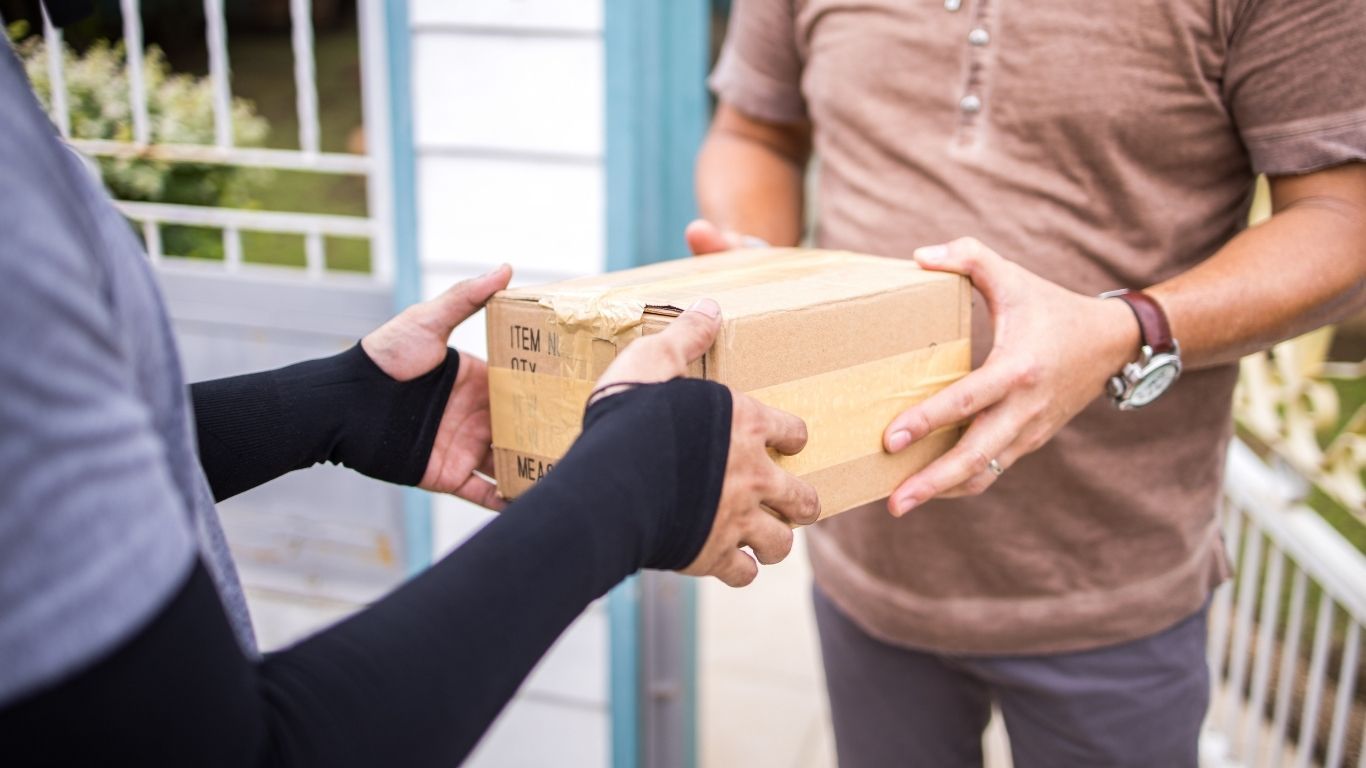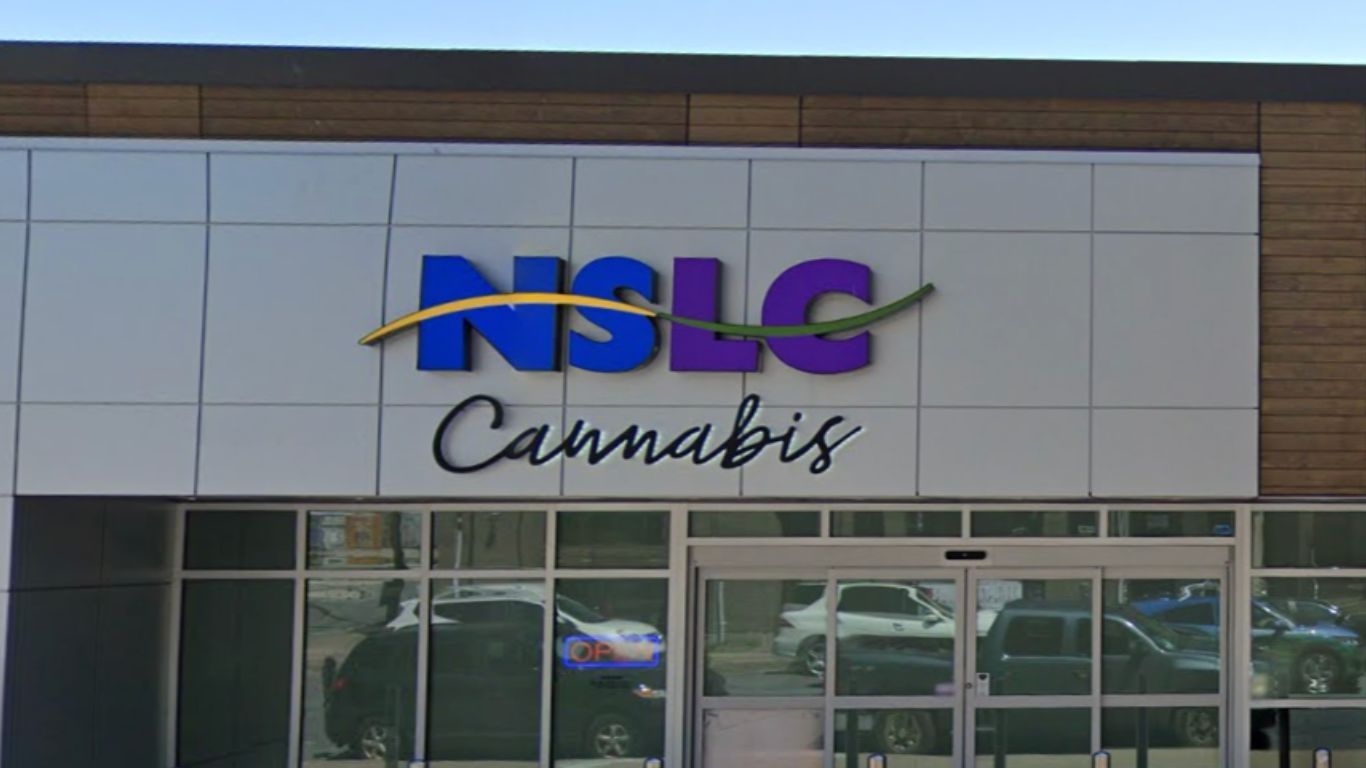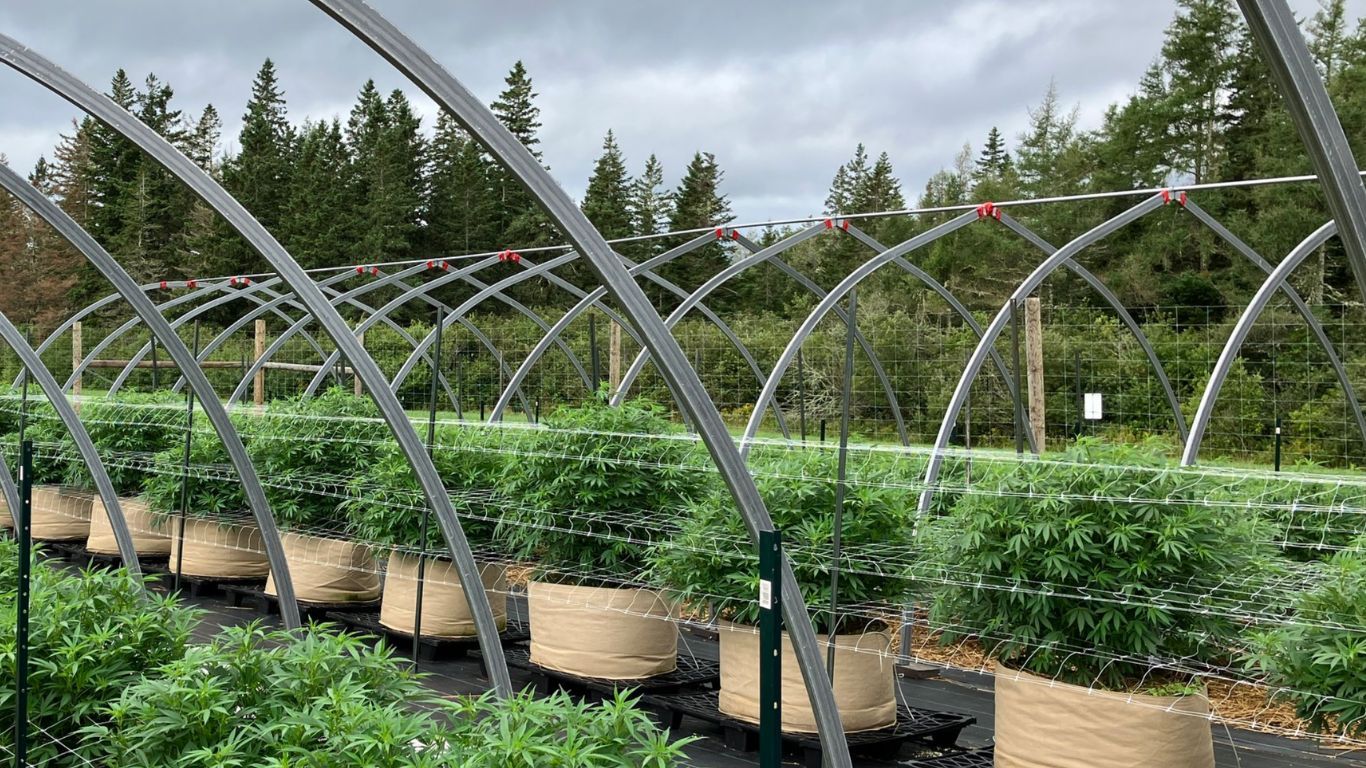
Beginning July 30th, cannabis consumers in Alberta will have another option for product delivery.
Uber Eats, in partnership with Leafly, announced that it would begin accepting orders from licensed cannabis stores at the end of July. The online delivery platform will then inform the store of the order placed on their app, which will then be delivered by store staff.
“More Albertans are accessing legal cannabis than ever before,” said Klaas Knieriem, General Manager of Grocery and Retail for Uber Eats in Canada. “We are partnering with industry leaders like Leafly to help retailers offer safe, convenient options for people in Alberta to purchase legal cannabis for delivery directly to their homes. This will help reduce impaired driving and improve road safety.”
Alberta began allowing retailers to offer online sales and deliveries in early 2022, and BC in 2023. A representative with Uber tells StratCann the company now has 80 retailers in over 30 cities in Ontario and British Columbia.
Some retailers in those markets say the partnership has been beneficial. Others have questioned the value given that Uber and Leafly take a percentage of any sales through their platform, and the store is still responsible for delivery fees.
“Partnering with Uber Eats has been a game-changer,” said Calvin Basran of Queensborough Cannabis in British Columbia earlier this year. “We’ve been able to tap into our strengths—rapid delivery, top-notch service, and strict compliance with provincial regulations—and combine them with Uber Eats’ vast user network to reach new customers across Metro Vancouver. As we get ready to celebrate cannabis culture this 4/20, we’re proud to offer a safe, smooth and convenient shopping experience for cannabis lovers in our community.”
Mike Dunn, the owner of 1922 Cannabis in Toronto, has been using this service for some time now and says he’s very happy with it. His store, he explains, has shifted to doing most of its business in online sales, and working with an app like Uber has allowed him to lean more into delivery without worrying about handling the online infrastructure.
“The user experience, the functionality, the close rate is so much more effective than I could develop with my web-based technology tools,” he explains. “Connecting with a technology leader that understands their customers so well and we can ride off their coattails, they are absolute masters at that. It saved our business.”
Arshi Kalkat, the co-founder of retail chain Dank Cannabis, which is one of the first five retailers participating in Alberta, says they are excited by the opportunity.
“Our focus at Dank Cannabis has always been to bring a stress-free retail experience to our customers since we started our business in 2021,” said Kalkat. “This partnership will help us continue to do that and expand our reach to even more people in Calgary. Just like the in-store experience, our provincially certified delivery staff understand and comply with local regulations around cannabis transactions, including checking ID.
Not everyone has had positive things to say about the service, though.
Jazz Samra, the owner and founder of Sativa Bliss Cannabis, with five locations in Ontario, says he initially used the service when it was first launched in Ontario. However, he says he quickly found it was not worth his time. In addition to buying a monthly subscription to Leafly, he says he had to pay a percentage of each sale to Leafly and Uber, adding up to 15%.
“I had them set up for two of my stores and quickly cancelled one because I found out Uber doesn’t have a customer base (in that region). And I still had to get one of my employees to do the delivery. So I have to take an employee out of the store to do a delivery for an hour, and then I’m paying pretty much my entire profit margin on the sale back to Leafly and Uber. It doesn’t make sense. Leafly is a dinosaur in the industry, nobody is using those things anymore.”
Samara does allow that if third-party delivery services like Uber could also manage delivery, the program might make more sense. But given that retailers still have to take on delivery, he says it’s just not worth it for his locations.
Another Ontario retailer, Jennawae Cavion, founder of Calyx + Trichomes in Kingston, tells StratCann she has opted not to use the service as it eats too much into her limited profit margins. Uber, she says, wanted to charge her a 15% fee for all sales made on their platform, with the retailer while still having to take on the cost of delivery themselves.
Although she says there’s an argument to be made that the sales on the platform might bring in new customers, from her perspective, this would just mean cannibalising sales that might have already come through their own online store.
It’s too expensive, and for what?” asks Cavion. “It’s a terrible deal. Just deliver yourself. It’s not just a bad deal for retailers, it’s also a bad deal for consumers because it will just add to the cost.”
“Just work on your own website optimization. Nobody is buying weed from Leafly and Uber Eats.”
Note: This article has been edited to add comment from Uber.











